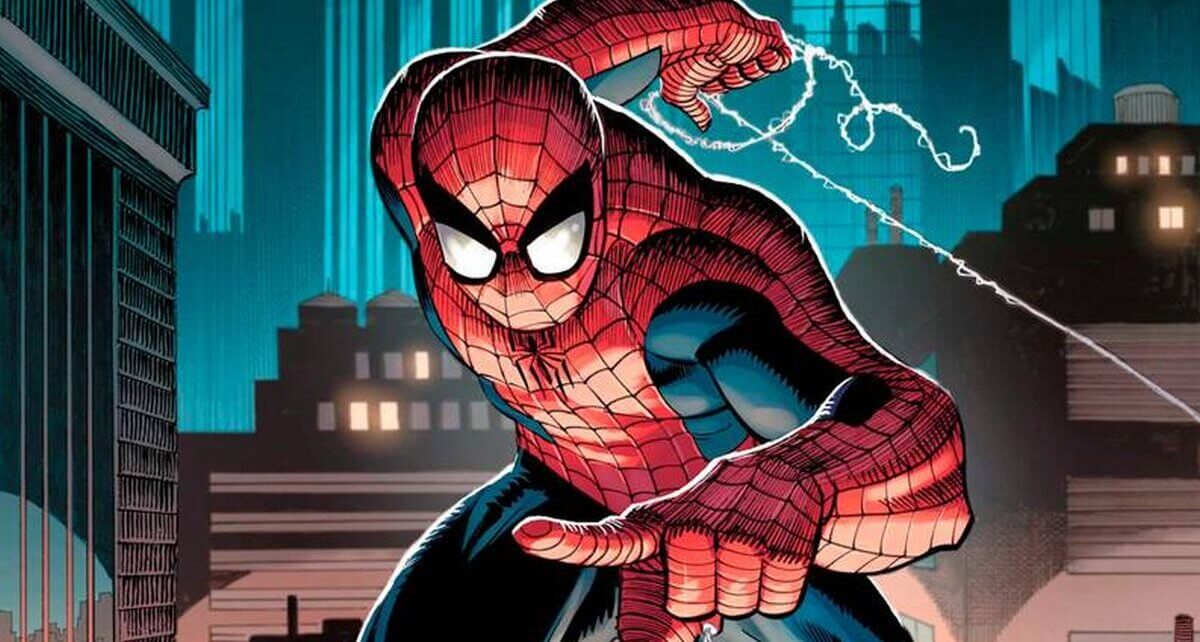In the heart of New York City, amidst the towering skyscrapers and bustling streets, there exists a hero who transcends the confines of fiction to become a beacon of hope for all who dare to dream. Spider-Man, a name whispered in awe and high regard, is more than just a masked hero swinging through the concrete jungle; he is a mirror reflecting the depths of human experience and emotion.
It was the fateful bite of a radioactive spider that forever altered the course of Peter Parker’s destiny. In that moment of transformation, he became more than just a boy from Queens; he became the embodiment of responsibility. Maturity does not come with age but with one’s ability to accept responsibility. Peter has the obligation to save someone not because he wants to, but simply because he can.
With great power came even greater sacrifice, as Peter grappled with the weight of his newfound abilities and the burdens of his dual identity. That weight and burden of being a hero means that he disappoints people on a regular basis. He may seem distant to his loved ones, jobs, or school, when in fact, it’s the opposite.
“Am I not supposed to have what I want…what I need. What am I supposed to do?” – “Spider-Man 2” (2004)
Spider-Man’s relatability stems from his portrayal as a regular person thrust into extraordinary circumstances. Unlike other superheroes who are often depicted as larger-than-life figures with godlike powers or immense wealth, Peter Parker represents the average individual. He struggles with everyday problems like paying bills, maintaining relationships, and pursuing education or career goals. His alter ego, Spider-Man, becomes a metaphor for the hidden potential within all of us, showing that even the most ordinary person can rise to become a hero when faced with adversity.
Peter Parker knows all too well the sting of grief and the weight of responsibility. He has sacrificed his own happiness and personal relationships on the altar of heroism, bearing the burden of guilt and regret for every life he couldn’t save and every wound that scarred his soul.
“The hardest thing about this job…is that you can’t always save everybody,” once said Spider-Ham. Yes, a pig with spider powers said that.
Yet, amidst the wreckage of his shattered dreams and broken promises, Spider-Man continues to press forward, his spirit unbroken by the trials of fate—a testament to the enduring power of hope in the face of despair.
The moral complexity of Spider-Man lies in his constant struggle to balance his responsibilities as both Peter Parker and Spider-Man. While other superheroes may have clear-cut motivations or unambiguous moral codes, Peter grapples with the consequences of his actions and the weight of his choices. His sense of guilt over the death of his Uncle Ben serves as a driving force behind his commitment to using his powers for good, yet he often questions whether he is doing enough or making the right decisions. This internal conflict adds depth to his character and makes him more relatable to audiences who also face moral dilemmas in their own lives.
The theme of self-sacrifice is central to Spider-Man’s identity as a hero. Unlike characters who may possess powers or abilities beyond their control, Peter actively chooses to put himself in harm’s way to protect others. This willingness to risk his own safety for the greater good exemplifies the true essence of heroism. Spider-Man’s selflessness serves as a powerful example of altruism and inspires others to consider the greater good over their own self-interest.
In the end, Spider-Man is more than just a superhero clad in spandex; he is a symbol of resilience, hope, and the enduring power of the human spirit to triumph over adversity. Though his journey may be full of pain and suffering, it is also instilled with the promise of a brighter tomorrow where hope reigns eternal and the darkness fades away before the light of a new day.
“I believe there’s a hero in all of us that keeps us honest, gives us strength, makes us noble, and finally allows us to die with pride, even though sometimes we have to be steady and give up the thing we want the most. Even our dreams.” – May Parker, “Spider-Man 2” (2004).


